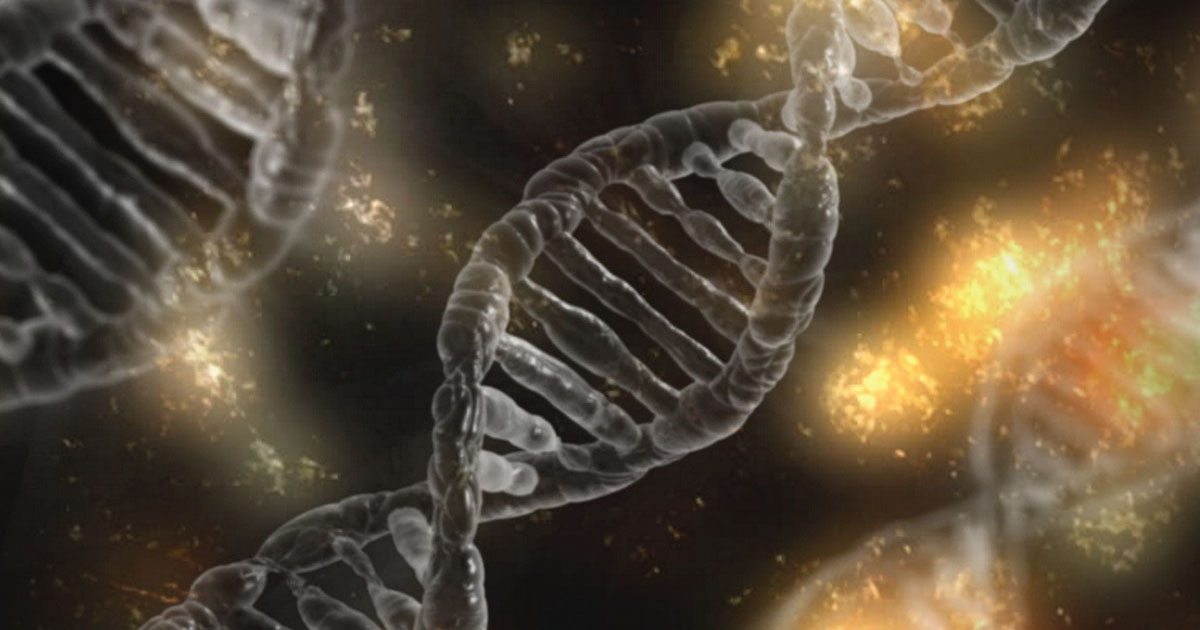Symposium to Focus on the Genetic Link to Mesothelioma

The University of Hawaii Cancer Center and Queen’s Medical Center are co-sponsoring the third annual Translational Cancer Medicine Symposium: “Mesothelioma-Melanoma Cancer Syndrome: Gene-Environment Interaction?” on December 2, at the Queen’s Conference Center in Honolulu, Hawaii. Researchers in cancer genetics will convene to discuss the recent discovery of the BAP1 genetic mutation and its link to mesothelioma, melanoma and possibly other cancers.
In a study led by Michele Carbone, M.D., Ph.D., director of the University of Hawaii Cancer Center, the researchers found that mutations of the BAP1 gene, which is involved in tumor suppression, might underlie mesothelioma in people with a strong family history of the disease. The study was designed to identify individuals at high risk of mesothelioma.
Mesothelioma is a rare form of cancer that can form in the lining of the lungs, abdomen or heart which was previously only known to occur as a result of exposure to asbestos. In another study, however, Carbone and his team have subsequently determined that erionite, a mineral used in road gravel in several US states, can also lead to the development of mesothelioma.
The Symposium will feature more than 20 global experts on cancer genetics including Carlo M. Croce, M.D., Director of the Human Cancer Genetics Program at Ohio State University; Joseph Testa, Ph.D., Director of the Genomics Facility at Fox Chase Cancer Center in Philadelphia and Michele Carbone, M.D., Director of the University of Hawaii Cancer Center.
“We are excited to bring these experts to Hawaii to work together to find ways to reduce the suffering and death caused by this mutation,” Carbone said in a prepared statement issued by the University of Hawaii Cancer Center.
Often called “asbestos cancer,” mesothelioma is highly aggressive and is resistant to many cancer treatments. Currently there is no known cure for mesothelioma, and the average survival time varies from 4 – 18 months after diagnosis. Approximately 3,000 Americans are diagnosed with the disease each year.
See the Symposium brochure for more information.
Free Mesothelioma Patient & Treatment Guide
We’d like to offer you our in-depth guide, “A Patient’s Guide to Mesothelioma,” absolutely free of charge.
It contains a wealth of information and resources to help you better understand the condition, choose (and afford) appropriate treatment, and exercise your legal right to compensation.
Download Now